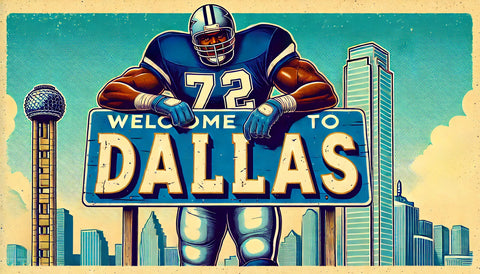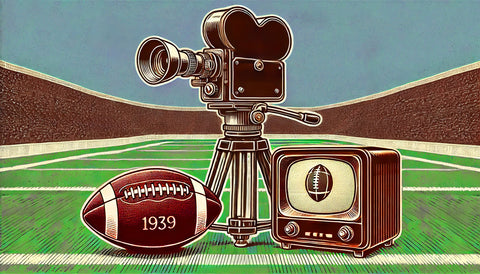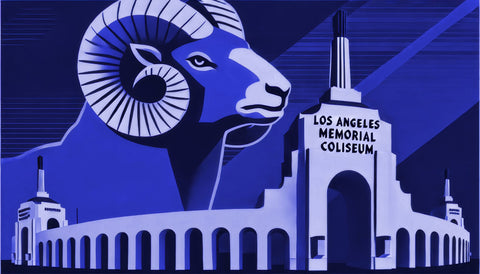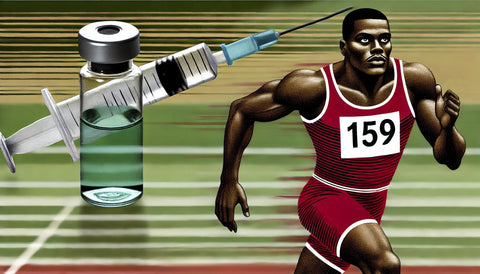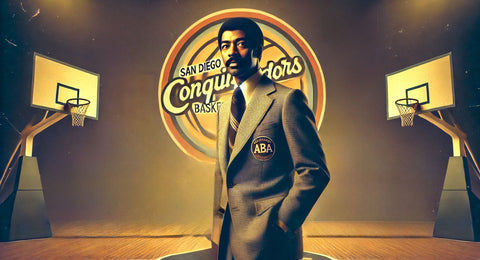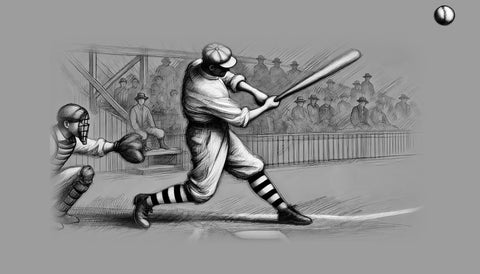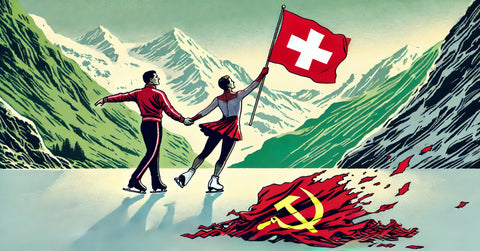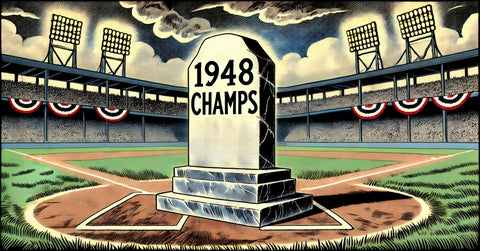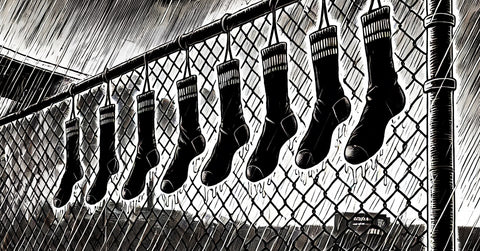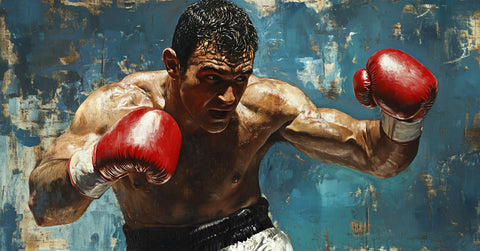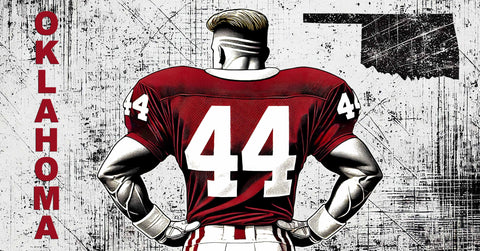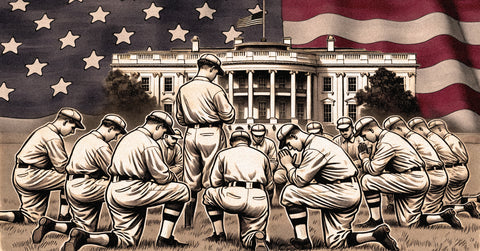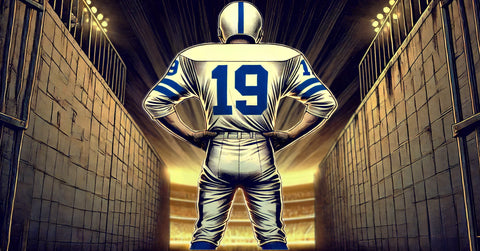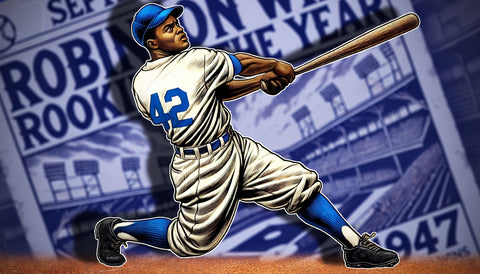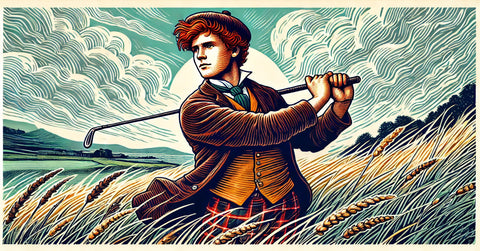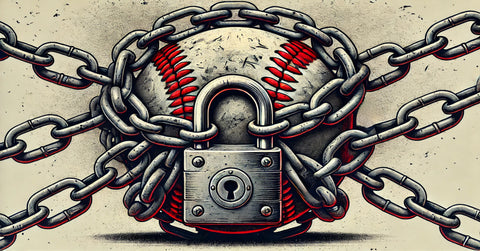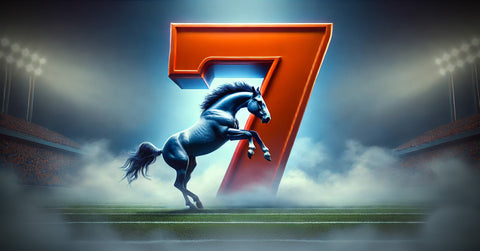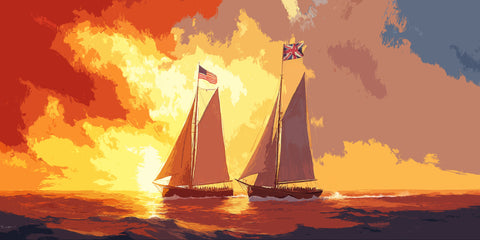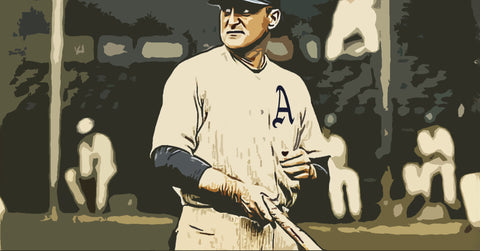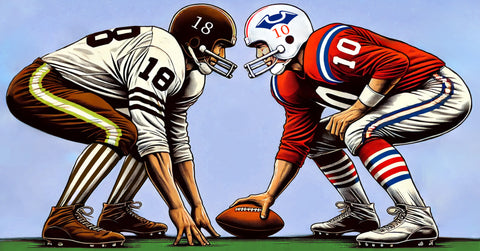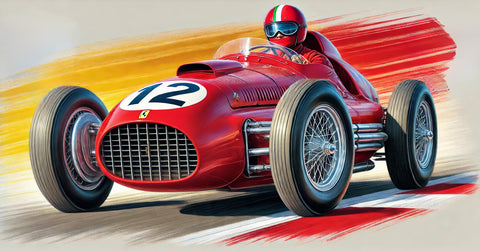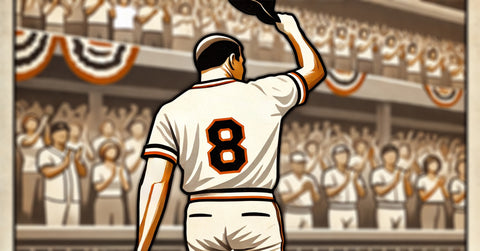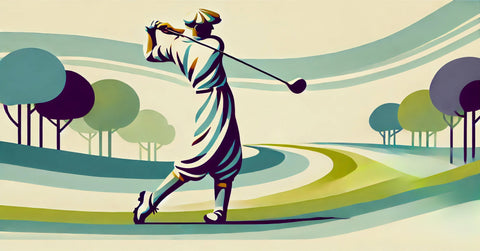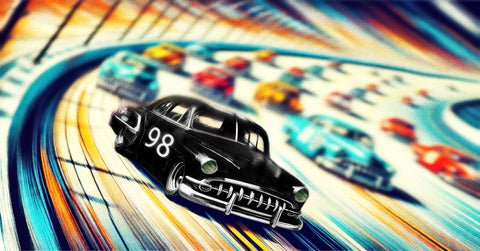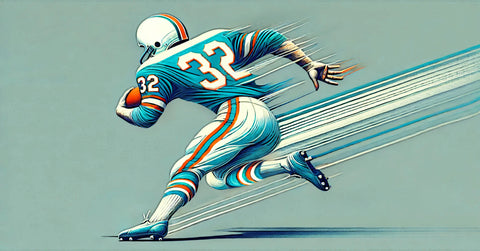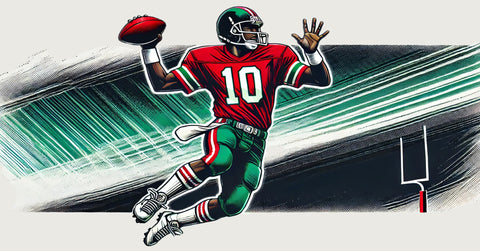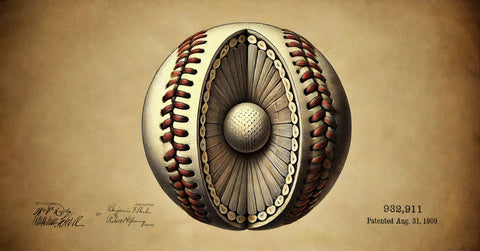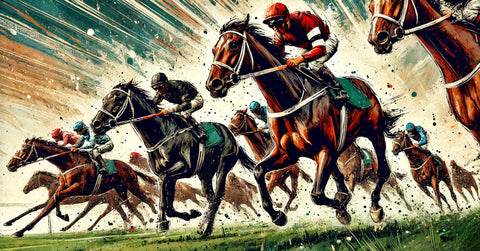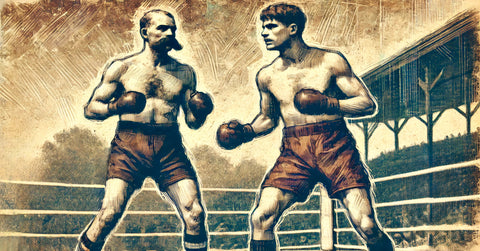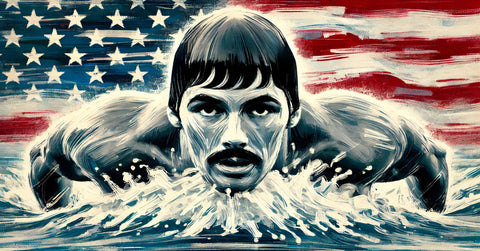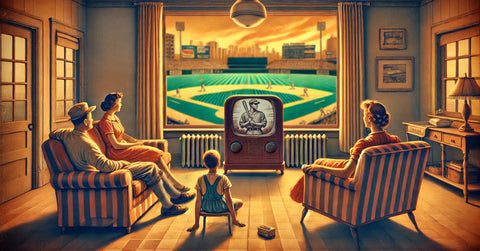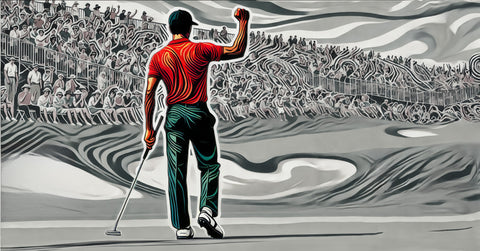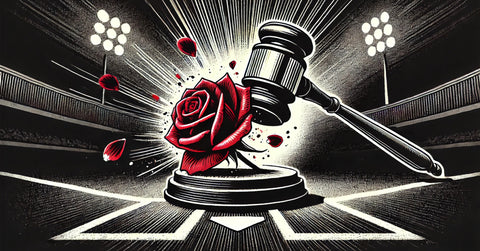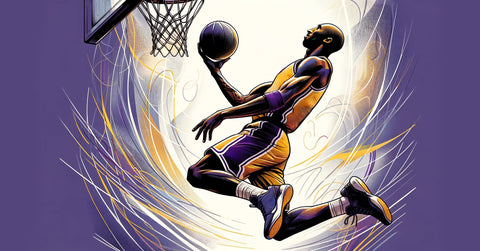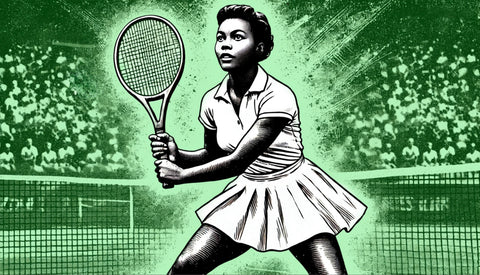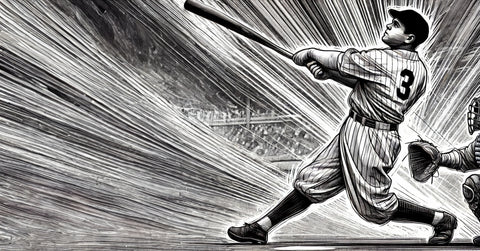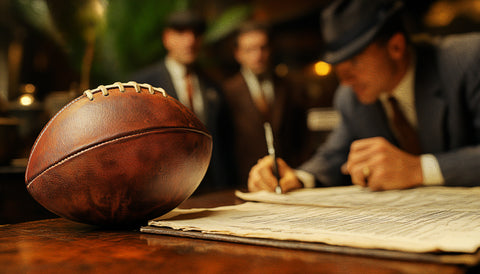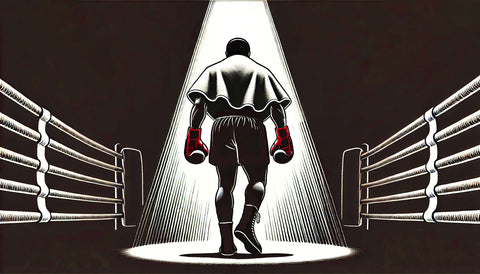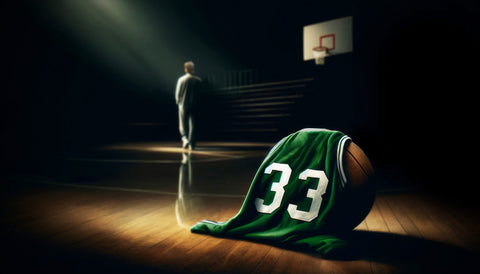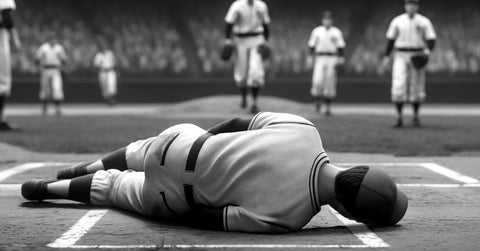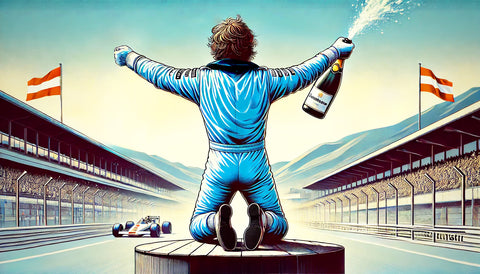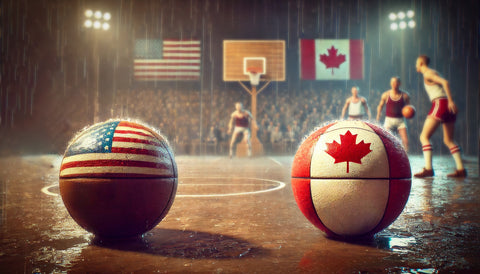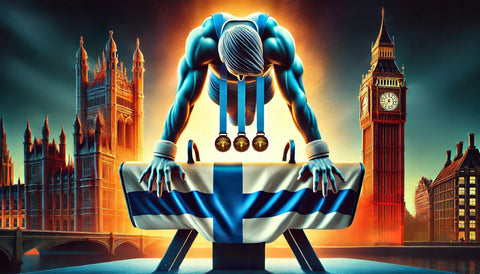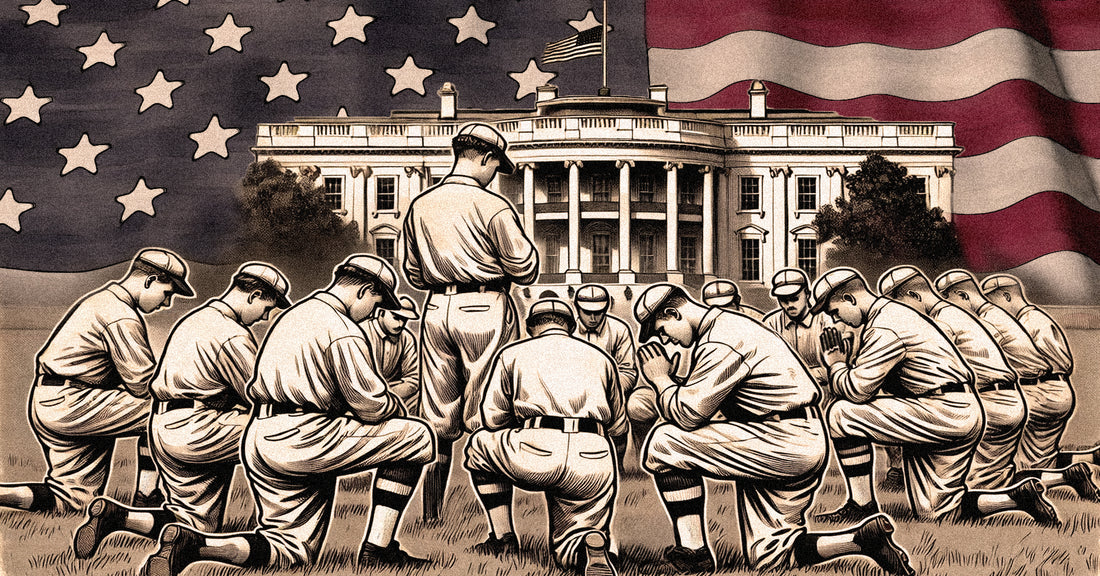
September 19, 1901: Baseball Halts for a Nation Mourning the Death of President McKinley
Share
On September 19, 1901, Major League Baseball paused in respect for President William McKinley, whose death shook the nation. McKinley was shot on September 6, 1901, by Leon Czolgosz, an anarchist, while attending a public event in Buffalo, New York. Despite initially showing signs of recovery, McKinley’s condition worsened, and he tragically passed away on September 14, 1901.
Five days later, on September 19, as the nation gathered to mourn during McKinley’s funeral, all Major League Baseball games were canceled in a show of respect for the late president. Across the country, the ballparks remained silent as players, coaches, and fans alike reflected on the loss. This solemn gesture was a sign of baseball’s growing place in American life and its connection to the broader societal fabric.
The cancellation of the 11 Major League games that day was a rare and powerful gesture. Players and fans took time away from the field, uniting with the rest of the country in a collective moment of mourning. It was a moment when the world of sports and the broader context of national grief came together. Across the nation, people paused in their daily routines, whether at home, in their communities, or at the funeral itself, to reflect on McKinley’s legacy and the tragedy of his assassination.
McKinley’s death had a profound impact on the country, and his passing ushered in the presidency of Theodore Roosevelt, a transformative figure who would leave a lasting mark on the nation. But on that day of mourning, the focus was solely on honoring the memory of the president the nation had lost.
While the 1901 baseball season resumed shortly after McKinley’s funeral, the brief pause served as a reminder that even in times of sport, there are moments that transcend the game. Baseball’s quiet reverence for the president demonstrated how deeply the sport reflected the American spirit — a spirit that could unite in joy, competition, and, in this case, shared sorrow.

